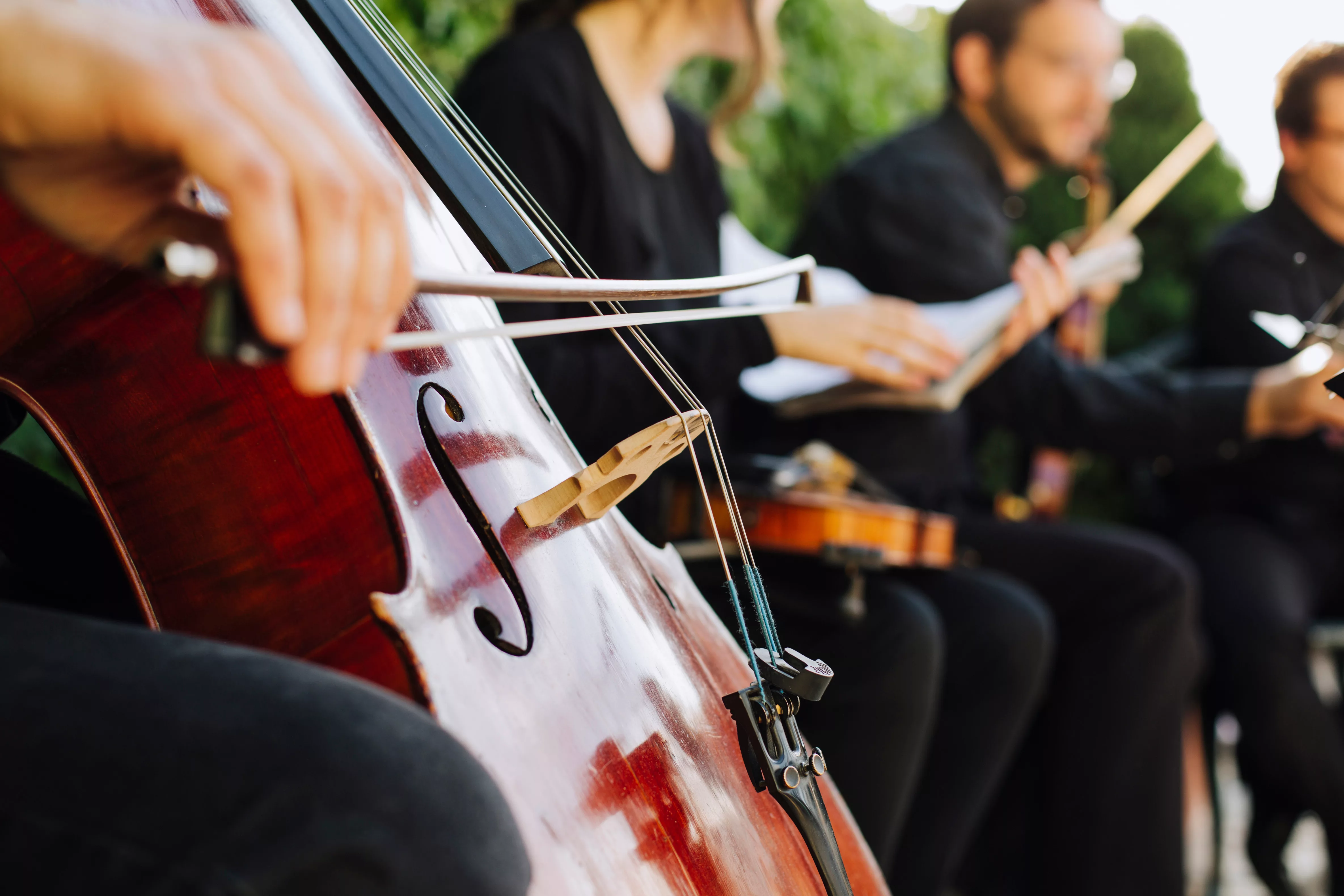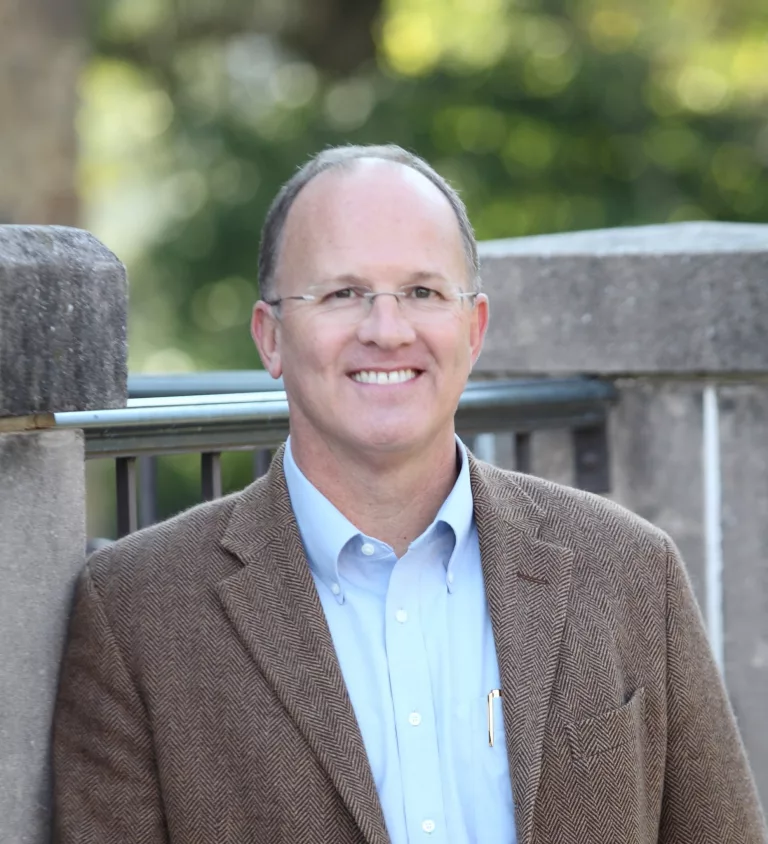
No, there was no Barbican Quartet last week. But a concert had been scheduled, and disappointing New Canaan was unthinkable.
This is one of the accidents with a concert series that depends on the arrival of guests, and fortunately, Andy was ready. He called his friend Stefan Jackiw, who plays with orchestras all over the world, and is almost never free. This time he was, and it was easy enough to revise and rehearse the entire program in 36 hours.
The Purcell and Britten works disappeared, as did the Dvorak quintet, and the new pieces provided more than enough ingredients for a modern classical concert. My feeling was that the audience could not have been luckier.
Stefan Jackiw conveyed refined impression. The program began with an unaccompanied partita by Bach. Partitas are usually a series of dances, and this one is no different. It is light and airy, and could be programmed as a distraction, but Stefan played it seriously. The second Menuet, which comes in the middle, has a passage which features two voices: the livelier voices are played on two strings, and the other voice, which is deeper and more stable, is played on one string at the same time. This is unusual, and Stefan brought out all the voices. He then finished the Bourée and the Gigue with startling panache – fading out with an impossibly soft note.
Next came two pieces for solo piano. The first was the Alborado del Gracioso. It is in ABA form, and the first and last sections are more exciting than the middle. It is a serenade for the morning. Andy played several double glissandos and other figures, which clearly he loves to execute. He followed it with the Prelude #1 in B-flat major by Gershwin, which was short and springy.
There were then two pieces for violin and piano. The room became a sophisticated salon, perhaps in a German or Austrian castle, as the first Romance by Clara Schumann began. Stefan brought to it just the right level of sentimentality: it recalled these salons so well that it had the audience literally swimming in the atmosphere. It led to the next short piece by Fritz Kreisler, which was elegant and playful, yet very serious. Stefan finished with his now familiar last note.
One more short piece followed the intermission: She Fell for a Flyfisher, by Andrew Armstrong. Andy explained it, clearly and simply. The piece is about his friends Susan and Gary. They are in the country, and in the first section Gary wakes up. In the second, he is in the river, fishing. The encounter with a fish is rather dramatic, and it is not clear who wins. In the last section, Gary is home.
The evening ended with the Violin Sonata No. 1 in G major, Opus 78, by Brahms. It was in three movements, which began aggressively, with vivace, and progressed toward allegro molto moderato. Stefan mentioned recapturing lost memories and spoke of how the piano evoked the memories and the violin was the voice of the man trying to recapture the past. In the end, time passes too fast, and it becomes impossible to capture something that came before. This is reflected in the end of the piece, which slows down. Stefan’s last note is full of emotion, and it fades away until there is nothing, nothing left.
The second concert was was more serious. The audience members were not all regulars, and they were being introduced by professionals to music with subtleties and a range of emotions. Although the planned program could not be managed, the one that replaced it will stick for a long time with the audience and make a deep impression.
We have more than Stefan Jakiw to thank for this; Andy and the Board, with their consciousness of the community, worked tirelessly to make sure that the evening (and the subsequent matinée) was of the highest standards. As always, they succeeded, and New Canaan’s chamber music organization showed that its standards were impeccable.
The next concert is in January. For tickets, visit www.NewCanaanChamberMusic.com.

